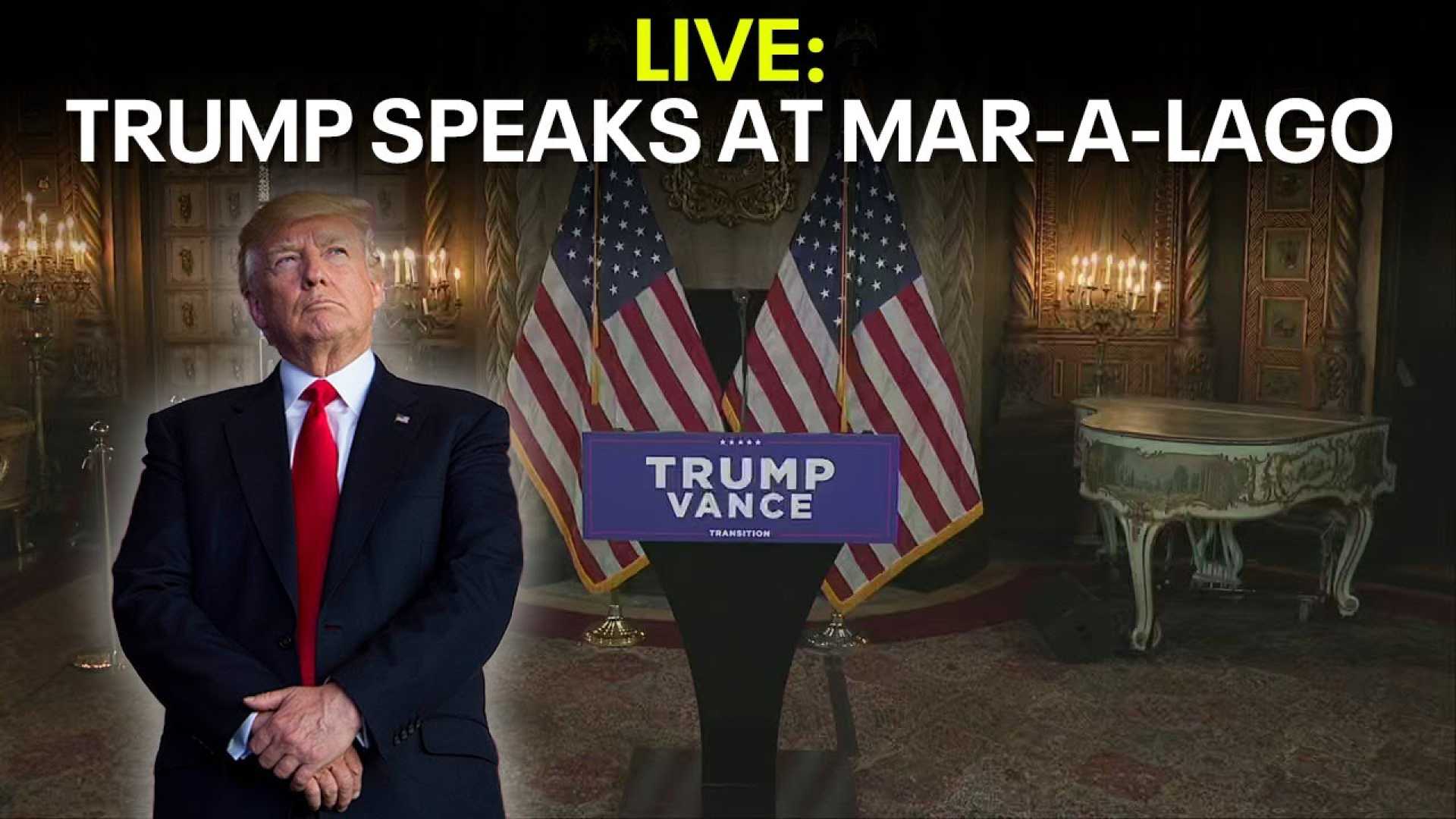Politics
Trump Discusses Economy, Military Parade Plans in NBC Interview

Palm Beach, Florida — President Donald Trump addressed concerns about his economic policies and future plans in an interview with NBC News‘ Kristen Welker, aired on Sunday.
The interview, which lasted over an hour, was conducted at Trump’s Mar-a-Lago estate. Trump responded to critics worried about rising prices due to tariffs, mentioning, “many businesses are being helped” and asserting that Americans should adapt to purchasing fewer luxury items.
When asked about inflation, Trump shifted the conversation to gasoline prices, stating they are “thousands of times more important” than the price of smaller goods. He attributed current economic challenges to his predecessor and emphasized a belief in a strong future economy, claiming, “I think we’re going to have the greatest economy in the history of our country.”
Trump also addressed fears surrounding his administration’s approach to democracy and expressed that he does not intend to seek a third term despite public interest. “It’s something that, to the best of my knowledge, you’re not allowed to do,” he stated.
The president confirmed plans for a military parade in Washington, D.C., this June to celebrate military triumphs and Flag Day, which coincidentally falls on his birthday. He remarked, “I think we’re going to do something on June 14 maybe or somewhere around there,” adding that he believes the estimated cost of $45 million is justified.
His military parade is set to honor U.S. military achievements, featuring 6,600 soldiers and over 150 military vehicles. Trump expressed admiration for American military strength during the discussion.
In addition to the parade, Trump discussed efforts to remodel the White House, including plans to renovate the Rose Garden and build a new ballroom. He emphasized that he will privately fund the renovations, stating, “Yeah, I’m not going to ask the government for money.”
Despite controversies and economic challenges, Trump expressed optimism about his policies and their potential impact on the U.S. economy in the long term.












